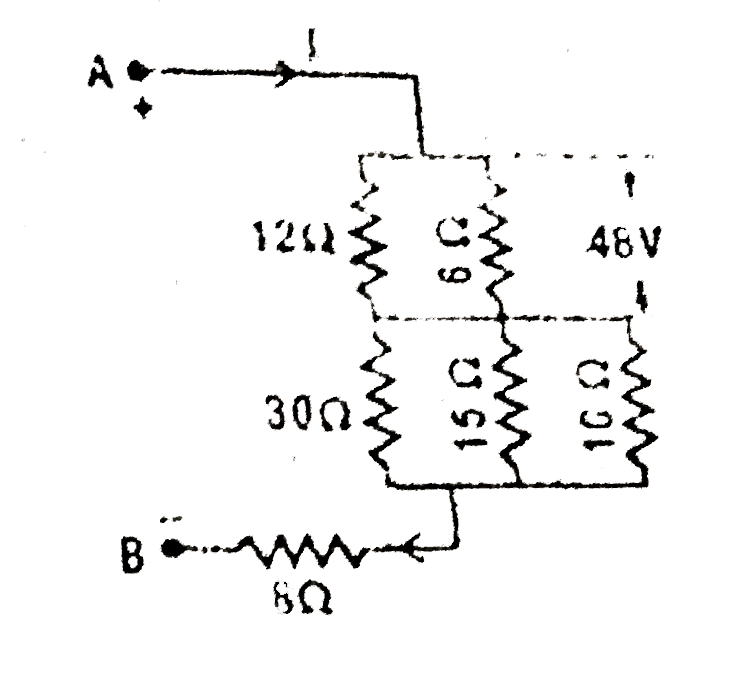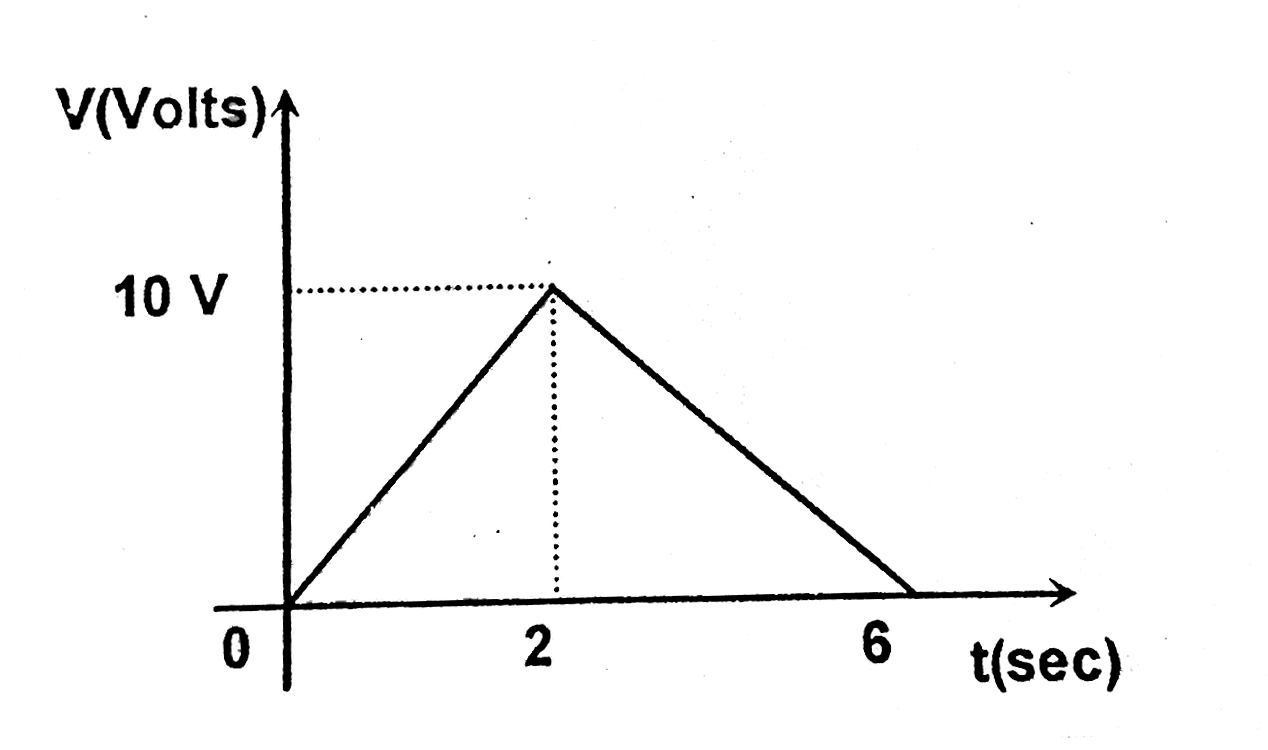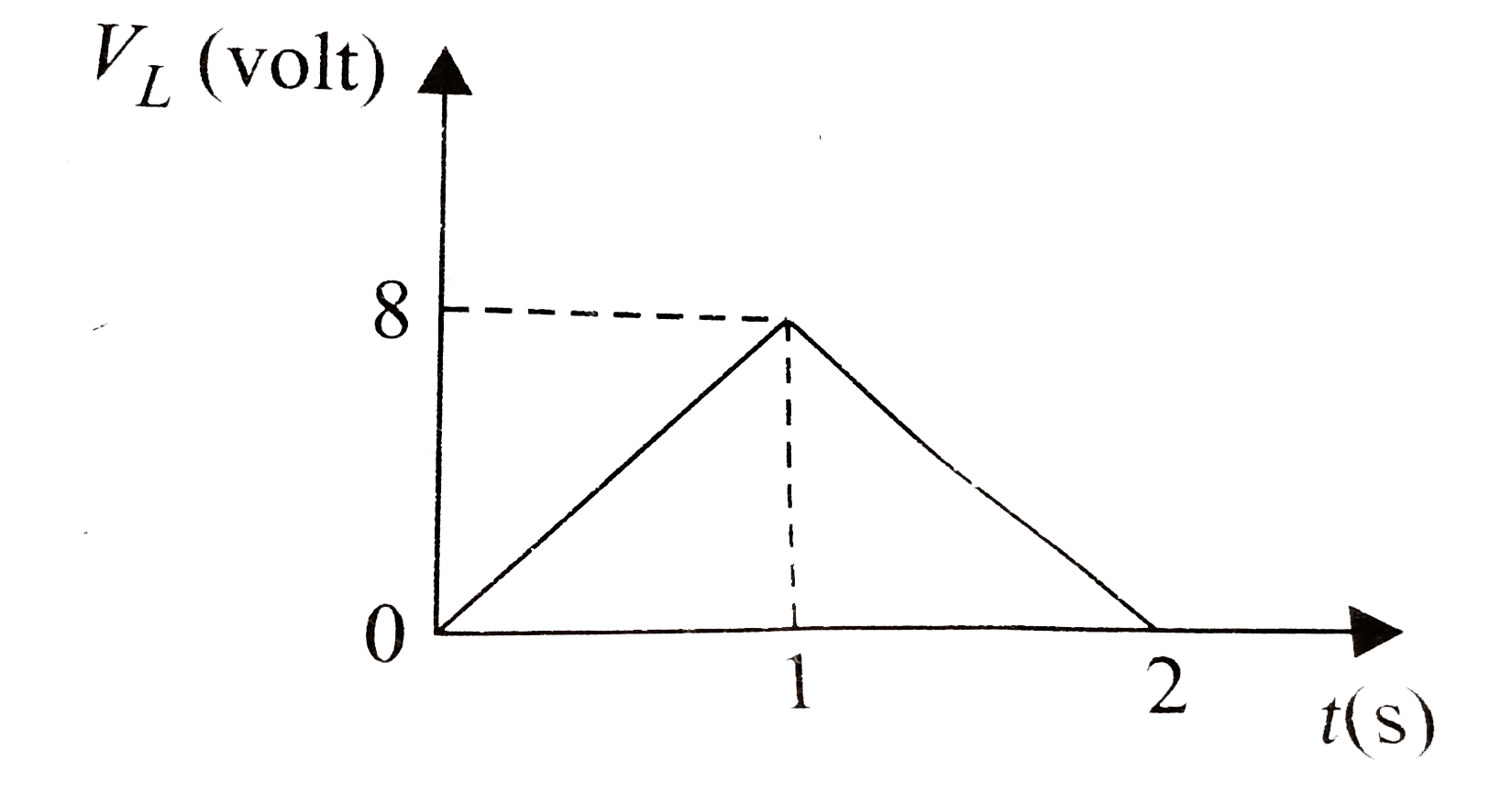Assertion : If potential difference across two points is zero, current between these two points should be zero.
Reason : Current passing from a resistor I=VR
If both Assertion and Reason are true and the Reason is correct explanation of the Assertion.
If both Assertion and Reason are true but Reason is not the correct explanation of Assertion.
If Assertion is true, but the Reason is false.
If Assertion is false but the Reason is true.
The correct Answer is:D
To solve the question, we need to analyze both the assertion and the reason provided.
1. Understanding the Assertion:
- The assertion states that if the potential difference (V) across two points is zero, then the current (I) between these two points should also be zero.
- According to Ohm's Law, current is defined as I=VR, where R is the resistance. If V=0, then I=0R=0 (assuming R is not zero).
2. Analyzing the Reason:
- The reason provided states that the current passing through a resistor is given by I=VR.
- This is indeed correct as per Ohm's Law. It tells us that the current through a resistor is directly proportional to the potential difference across it and inversely proportional to the resistance.
3. Conclusion:
- Since both the assertion and the reason are true, and the reason correctly explains the assertion, we can conclude that both statements are valid.
- Therefore, the answer is that both the assertion and reason are true, and the reason is the correct explanation of the assertion.
Final Answer:
Both the assertion and reason are true, and the reason is the correct explanation of the assertion.
---
- The assertion states that if the potential difference (V) across two points is zero, then the current (I) between these two points should also be zero.
- According to Ohm's Law, current is defined as I=VR, where R is the resistance. If V=0, then I=0R=0 (assuming R is not zero).
- The reason provided states that the current passing through a resistor is given by I=VR.
- This is indeed correct as per Ohm's Law. It tells us that the current through a resistor is directly proportional to the potential difference across it and inversely proportional to the resistance.
- Since both the assertion and the reason are true, and the reason correctly explains the assertion, we can conclude that both statements are valid.
- Therefore, the answer is that both the assertion and reason are true, and the reason is the correct explanation of the assertion.
Both the assertion and reason are true, and the reason is the correct explanation of the assertion.
Topper's Solved these Questions
- CURRENT ELECTRICITYBook:DC PANDEY ENGLISHChapter:CURRENT ELECTRICITYExercise:Level 1 Objective
Explore 40 Videos
- CURRENT ELECTRICITYBook:DC PANDEY ENGLISHChapter:CURRENT ELECTRICITYExercise:OBJECTIVE_TYPE
Explore 1 Video
- CURRENT ELECTRICITYBook:DC PANDEY ENGLISHChapter:CURRENT ELECTRICITYExercise:Exercise 23.13
Explore 2 Videos
- COMMUNICATION SYSTEMBook:DC PANDEY ENGLISHChapter:COMMUNICATION SYSTEMExercise:Subjective
Explore 11 Videos
- ELECTROMAGNETIC INDUCTIONBook:DC PANDEY ENGLISHChapter:ELECTROMAGNETIC INDUCTIONExercise:Medical entrances gallery
Explore 25 Videos
Similar Questions
When a potential difference is applied across, the current passing through
View SolutionAssertion : If gravitational potential at some point is zero, then gravitational field strength at that point will also be zero.
Reason : Except at infinity gravitational potential due to a system of point masses at some finite distance can't be zero.
View SolutionWhat is meant by saying that the potential difference between two points is 1V ?
View SolutionIf the potential difference applied across a variable resistor is constant, draw a graph between the current in the resistor and the resistance.
View SolutionAssertion: For two sources to be coherent phase difference between two waves at all points should be same.
Reason: Two different light sources are never coherent.
View SolutionIn the figure the potential difference across 6 ohm resistor is 48 V. Then the potential difference between A and B is

View SolutionAssertion potential difference across, resistor, capacitor and inductor each is 10V. Then, voltage function and current functions should be in phase.
Reason At this condition current in the circuit should be maximum.
View SolutionThe potential difference across a 10H inductor as a function of time is shown in the figure. At t=0 current is zero. Then

View SolutionThe potential difference across a 4 H inductor vary with time is as shown. The current is Zero at t=0, Then the current at time t=2s

View SolutionThe potential difference across a 2-H inductor as a function of time is shown in Fig. At time t = 0, current is zero.

Current at t = 1 s is
View Solution

